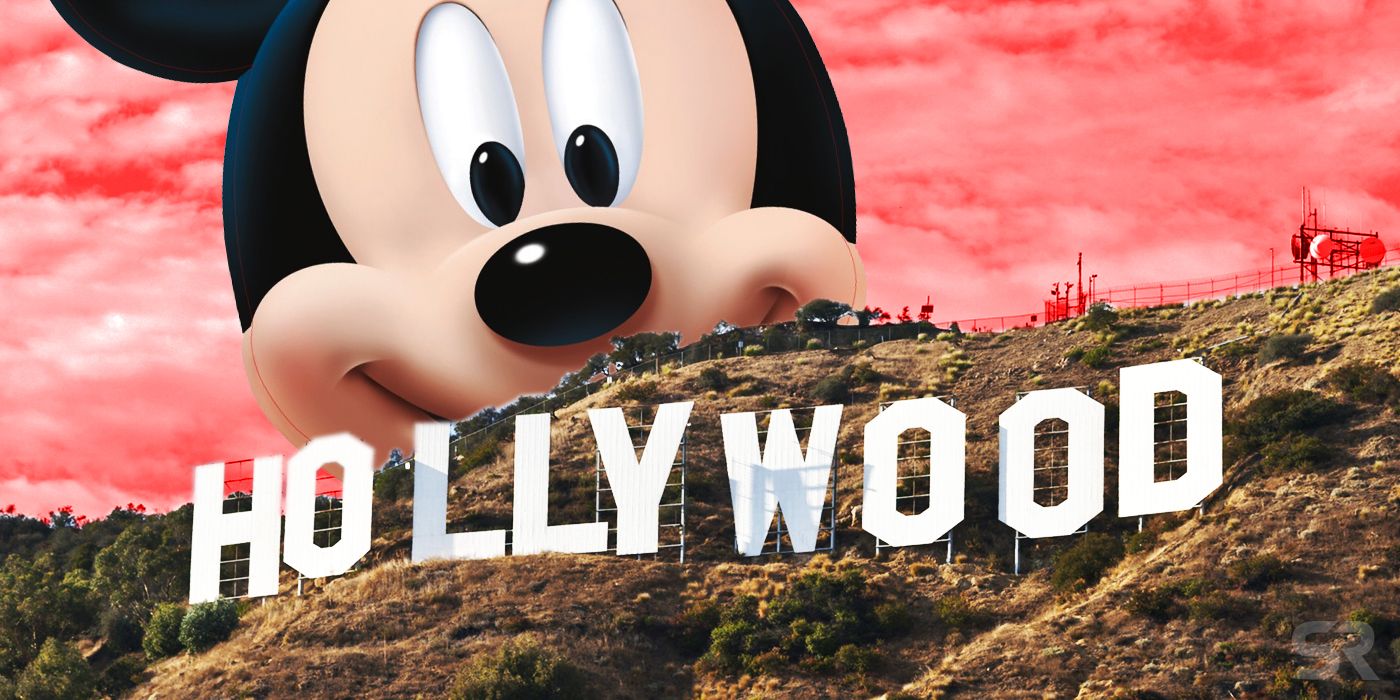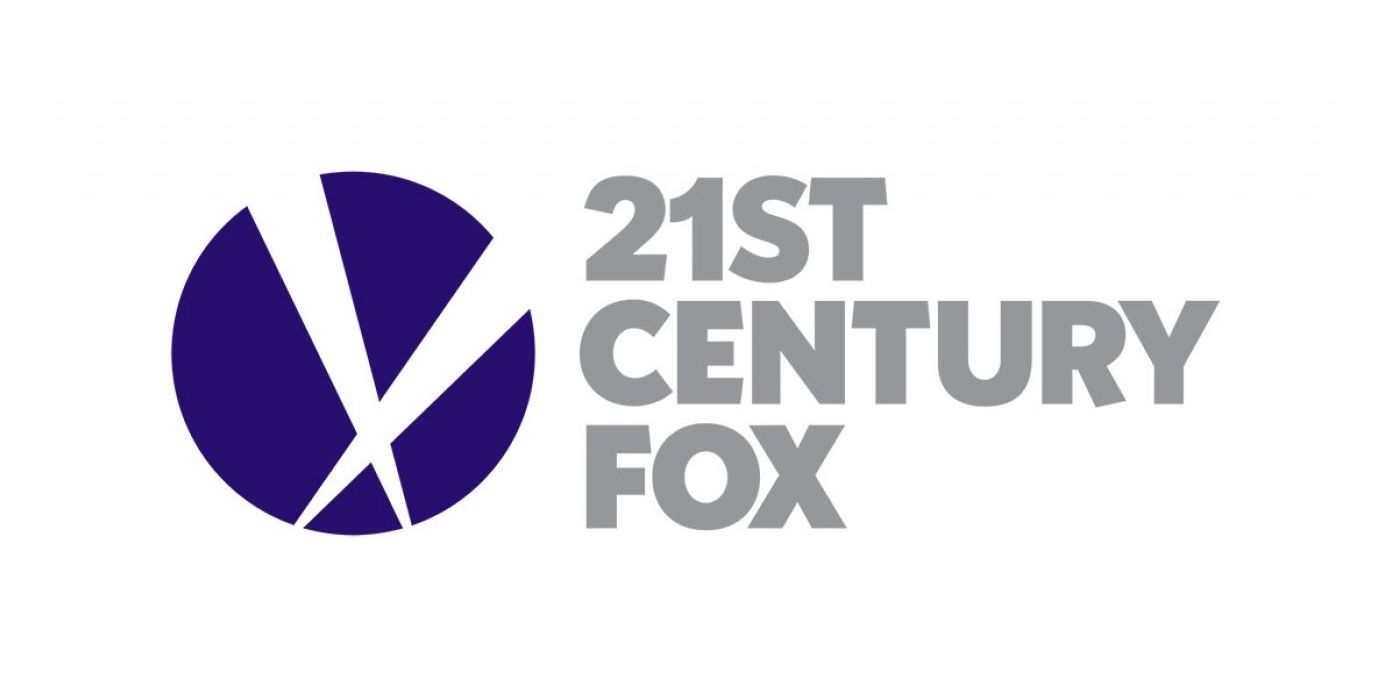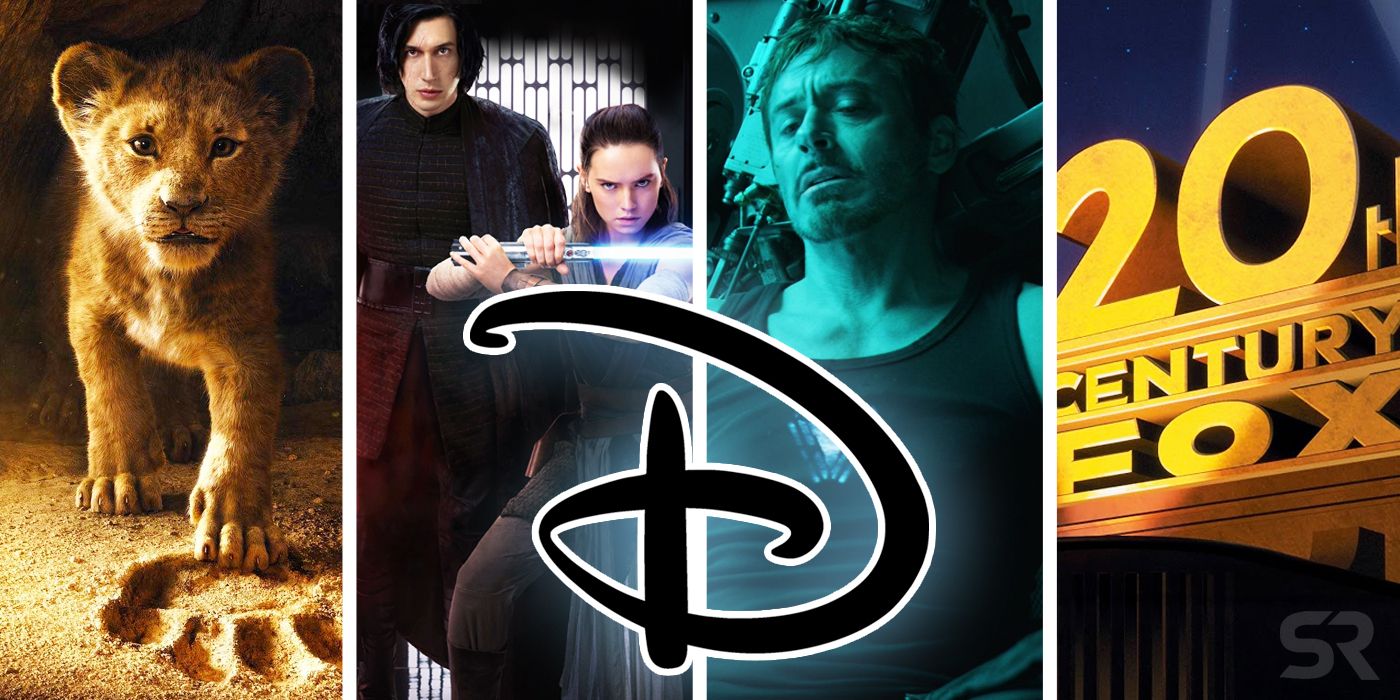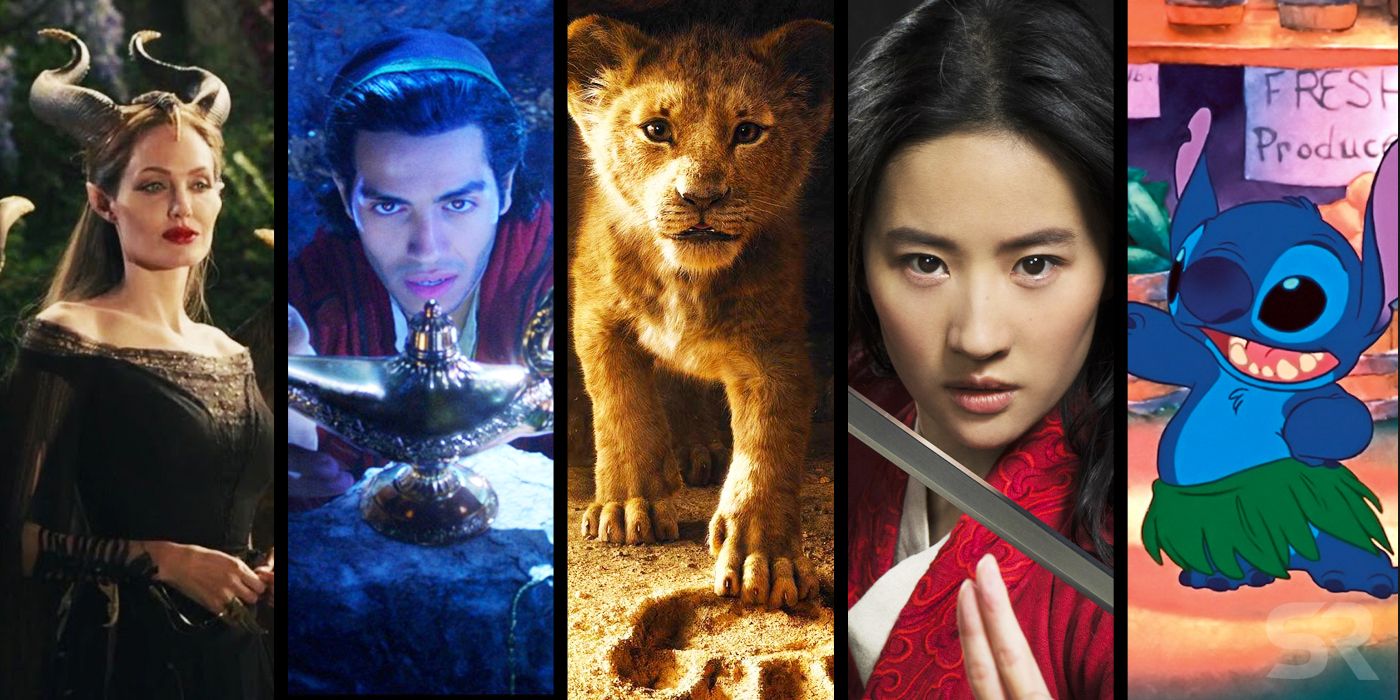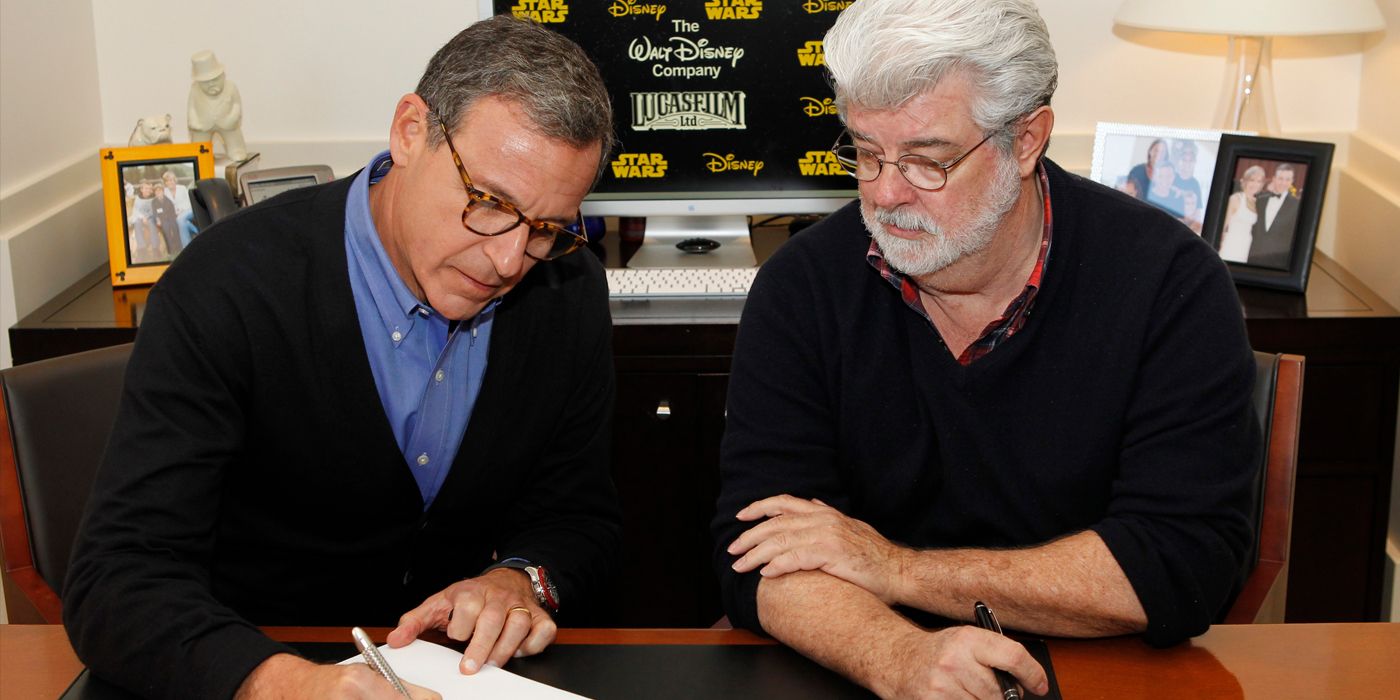With Disney’s acquisition of Fox all but confirmed, the truly dark side-effects of this monumental deal have come under scrutiny. In December 2017, The Walt Disney Company announced plans to acquire 21st Century Fox for around $52 billion in stock. This deal would give them control over some of the most iconic and historical assets in the modern American entertainment industry, including 20th Century Fox's film and TV studios, the Fox Networks Group and its assorted cable networks such as FX, and stakes in National Geographic and Hulu. After fending off competition from Comcast, Disney upped their bid for Fox to a staggering $71.3 billion, with the acquisition being approved by shareholders on July 27th, 2018. The deal could be fully confirmed by June 2019.
Much has been written on the seismic impact the Disney-Fox acquisition will have on the entertainment industry and international media as a whole. Disney were already one of the most powerful media entities on the planet, having built up a sizeable fortune over the decades off the backs of their iconic image and the tenets of Walt Disney himself. Over the last ten years or so, their profits have exploded thanks to their purchases of major pop culture properties like Marvel and Star Wars, ensuring their undisputed domination of the worldwide box office. For the past three years running, Disney has had more films in the worldwide top ten highest-grossing films than any other studio.
Related: A Complete Timeline Of The Disney-Fox Deal
The Fox deal will not only give Disney film rights to the X-Men, Deadpool and Fantastic Four franchises - almost completing the Marvel line-up - but control over major properties like Alien, Avatar, and The Simpsons, to name but three. It will also give them the majority stake in streaming service Hulu and stakes in studios internationally, such as Fox India. The merger of these two movie giants could give Disney an unprecedented 40% control over the worldwide box office.
This is a level of power and industry-wide influence that has been widely criticized since the acquisition was first announced. Many industry experts warned of the negative consequences of a media monopoly on this scale and although the magnitude of it may not be fully evident until all the paperwork is signed, we are seeing the first rumblings of change happening and the signs aren’t good.
- This Page: How The Disney Purchase Immediately Impacts Fox
- Page 2: How The Disney Purchase Of Fox Changes How You See Movies
- Page 3: Media Monopolies Are Bad For Businesses & Audiences
The Disney-Fox Deal Means Major Job Losses
During mergers, job losses are inevitable, and when the companies involved are on the scale of Disney and Fox, it's safe to say that industry experts were predicting something of a bloodbath for Fox employees. An October 2018 article from The Hollywood Reporter cited claims from Fox executives that "generous severance" would be offered to those soon-to-be-laid-off workers, but no indication at the time was given as to how many layoffs were expected. Former CEO of 20th Century Fox Film Stacey Snider noted in an interview with Variety how stressful this situation was for the many Fox employees whose job security was at risk for "a whole year".
Numbers vary on how many employees will lose their jobs after the merger. In an ominously titled piece in The Hollywood Reporter that referred to the merger as "making 21st Century Fox disappear", the number given was 4000 layoffs from a base of 22,000 employees worldwide (Disney, by comparison, has about 201,000 employees worldwide). However, even they say that number may be a conservative prediction, and cite "Disney-skeptic" analyst Rich Greenfield who puts the number anywhere between 5,000 and 10,000.
Related: How The Disney Purchase Has Already Impacted Fox
Layoffs on this scale won’t happen all at once. They’ll be staggered across weeks or even months to make the extent of the damage seem lessened (a common tactic with businesses, as evidenced by the recent layoffs at Buzzfeed, which took several days). That’s a long time for those employees to wait to find out their fate, and it’s a disastrous step for the industry at large to put so many people out of work. The human cost of such business decisions is oft-overlooked during reporting, which much of the focus on fizzier stories like what films will be made next, but with thousands of people about to be unemployed and one less studio available for them to work at, this merger will have an immediately negative impact that goes far beyond the supposed upsides.
Page 2 of 3: How The Disney Purchase Of Fox Changes How You See Movies
The Movie Release Schedule Will Be Totally Overhauled
Disney is already having trouble spacing out their plethora of films and franchises across the calendar in a manner that will give each of them a fair shot at financial success; Dumbo will release in late March despite being completed in time for a late 2018 spot - it was only pushed back to avoid clashing with Nutcracker & The Four Realms and Mary Poppins Returns. And, generally speaking, Disney doesn’t release all that many movies. In 2019, they’ll only have around nine titles in theaters with major releases (not including Fox properties soon to fall under their umbrella). Compare that to Universal Pictures, who will have 15 titles come out this year, while 20th Century Fox has 13 titles scheduled for release in 2019, including the repeatedly-delayed X-Men: Dark Phoenix and The New Mutants. With that studio about to be consumed by Disney, the release schedule as we know it will be completely revamped. And that probably won’t be a good thing.
Fox has made some great business decisions in their past, but they’re also not immune from making a few flops. In the first two months of 2019, they have released The Kid Who Would Be King and Alita: Battle Angel, both of which are predicted to lose hundreds of millions of dollars combined for the studio. Those movies were the sort of risk Disney would probably never take, so it seems safe to assume we won’t see the likes of them coming out of the studio any time soon following the merger.
If Disney only has to compete with themselves for box office supremacy, then they have far less incentive to produce more or varied content. The Disney model of content is already one with surprising limitations. After all, this is the studio that has built a decades-long sustainable brand without releasing R-rated movies. These historically came under a different studio name like Touchstone, and so it’s unlikely they will entirely kill such Fox films post-merger, but they perhaps won’t be a priority, particularly if they’re bigger budget efforts such as the Alien movies. James Mangold, director of Logan, was one of many to express concern that the merger would limit such storytelling opportunities since they don’t fit with Disney’s brand.
Related: Disney's Box Office Success Proves Original Movies Are A Waste (For Them)
In areas where Disney completely dominate, they will be less likely to invest in shows, films and the like that further crowd out the work they want to put front and center. For example, will Fox’s Blue Sky Studios animated films, which Disney will own once the merger is complete, get further investment when Disney and Pixar are the undisputed icons of American animation and don’t want anything in their way to prevent maximum grosses? The overcrowding problem Disney face can easily be solved if they continue to further focus their attention on their most popular brands, most of which they already owned pre-purchase (and aren't the focus compared to the TV weight).
This conundrum extends to the hot properties Disney will own post-acquisition, including the remainder of the Marvel properties not currently under the umbrella of Marvel Studios. This aspect of Disney buying Fox has been the most exciting part for many fans and the area that’s garnered the most enthusiastic reporting, but much of that has ignored the reality of the business. Marvel has their next phase planned out already and so whatever comes from the X-Men and Fantastic Four will have to be adjusted to fit that. Considering that Marvel Studios is already releasing three films a year, which some have argued is over-saturating the market, there's a cap to expansion in traditional terms.
Disney's Hollywood Domination Will Impact The Movies You Get To See
One way the schedule will be completely changed is in how it will affect movie theaters. Unlike most studios, Disney demands a far larger cut of ticket sales for their films and are also the strictest in terms of the conditions they impose on theaters, both independent and multiplex. For example, Disney demanded a massive 65% cut of domestic ticket sales from Star Wars: The Last Jedi. Typically, studios ask for between 50 – 60%. They also demanded that theaters show the film for a minimum of four weeks and do so in their largest screens. Those who did not comply faced penalties and risk losing future access to Disney movies. If you own a two-screen local cinema in a town of a few thousand people, this model is completely unsustainable. Plenty of theaters, as a result, decided to simply not show the movie - the highest grossing of 2017 - because it would never have been worth their while. International chains followed suit. In Brazil, many theaters boycotted the Pixar film Coco after Disney demanded a majority cut of ticket sales. The film showed on less screens as a result and more attention went to the Sony film Jumanji: Welcome to the Jungle (that film went on to become one of 2017’s highest grossing titles, while Coco made $800 million but didn’t even make the top ten of the year).
Related: All The Live-Action Disney Remakes In Development
If you’re a local theater looking at the release schedule and most of it is Disney, with few other alternative routes to take from other studios who won’t impose strict demands on profit and screenings, you have very few options available to you. This unprecedented level of control over the market and annual release calendar alike benefits Disney enormously but not the theaters who show their films, and they won’t have backup options to offer if Disney’s demands become too much.
Page 3 of 3: Media Monopolies Are Bad For Businesses & Audiences
Media Monopolies Are Bad For Business and Consumers Alike
It is a near insurmountable challenge for any business, big or small, to compete against a gargantuan media monopoly. Tom Rothman, chairman of Sony Pictures Motion Picture Group and a former co-chairman of Fox Film Entertainment, said (via THR) that the Disney-Fox purchase would be dangerous for culture because "consolidation under giant corporate mandates rarely promotes creative risk-taking." This is a problem various creators have cited in recent years in regards to their potential future dealings with Disney-Fox. Ryan Murphy, show-runner for major FX hits like the American Horror Story franchise, said to THR the merger was one of the reasons he decided to sign an exclusive deal with Netflix, citing how such a system could limit the kind of risk-taking he has made his career on.
Media monopolies have a trickle-down effect that impacts the entire ecosystem they inhabit. One side-effect of the endless cycle of such monopolies is that it forces smaller companies to consider consolidating their power and grouping together to fight fire with fire. Smaller companies like Lionsgate and MGM, plus indie producers and distributors like Annapurna and A24, were never going to compete with Disney on their level but now they may even struggle to compete on their own terms. We've already seen A24 making deals with Apple, for example. Disney probably isn't necessarily going to invest much money in small to mid-budget adult-oriented dramas in the manner of A24 or Annapurna (although they have promised that Fox Searchlight will operate as normal post-merger), so audiences need alternatives beyond what the Disney brand can offer. Many film lovers are already complaining that the slate is overloaded with franchises, sequels and blockbusters. Will that problem be exacerbated post-merger?
Disney's monopolistic control over the market could seriously impact the free press. For journalists and critics simply trying to do their job, it's a major concern to have the fate of your career tied up in whether a corporation thinks you've been nice enough to them. In November 2017, Disney notoriously banned the Los Angeles Times from attending press screenings of their films in retaliation for coverage the paper had done on Disney's political influence in Anaheim, where Disneyland is located. They reversed that call a few days later after a massive backlash from critics and the press, many of whom threatened to boycott the studio, but the threat of a repeat remains ever-present for many critics and journalists.
-
The Disney acquisition of Fox will irrevocably change the way the entertainment industry works, and that will affect every level of the business as well as those who consume it. For some film fans, the most important aspects will be the things that directly impact them or the more fun elements that provide geeky opportunities, like the Marvel mash-ups, but the darker effects run far deeper than mere sequel possibilities. Part of being a pop culture lover is the need to be conscious of what we consume and the context surrounding it, and the Disney-Fox merger is something that deserves further scrutiny from all corners.

